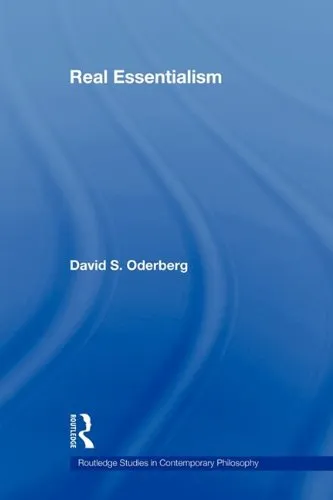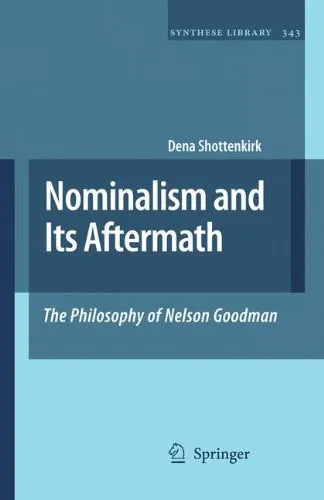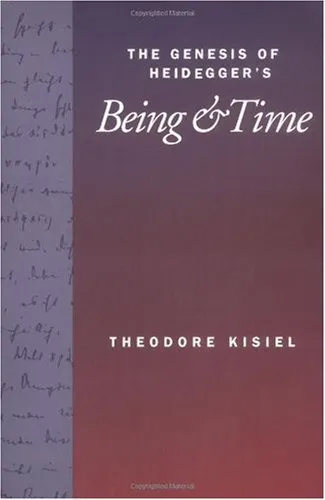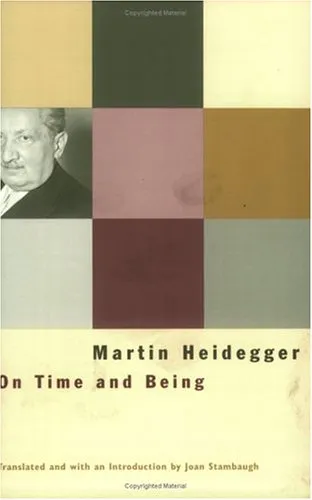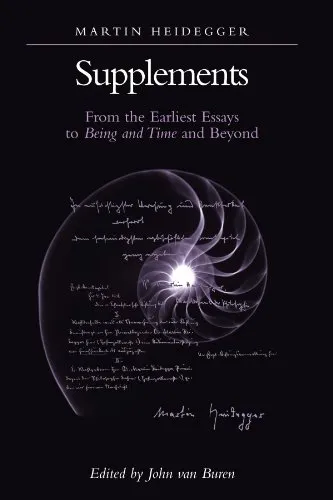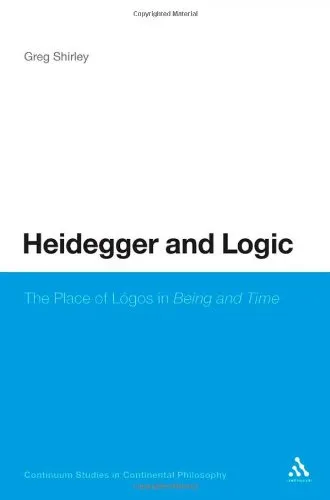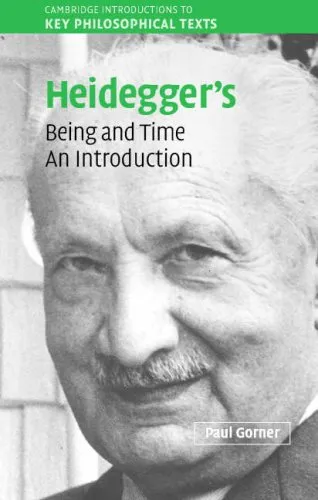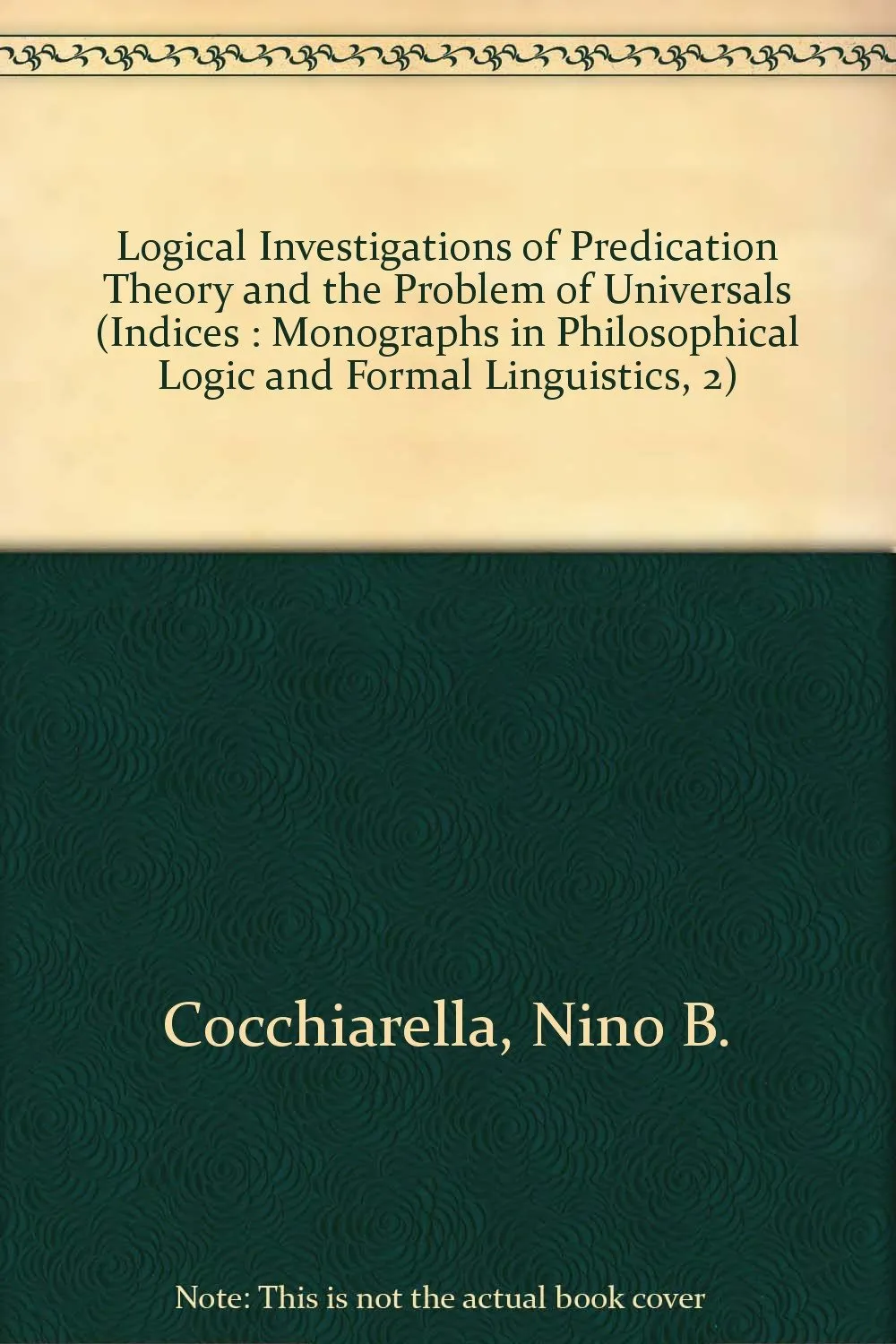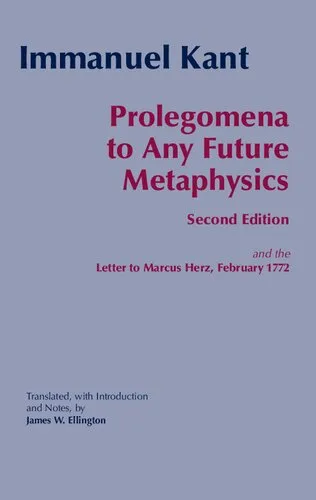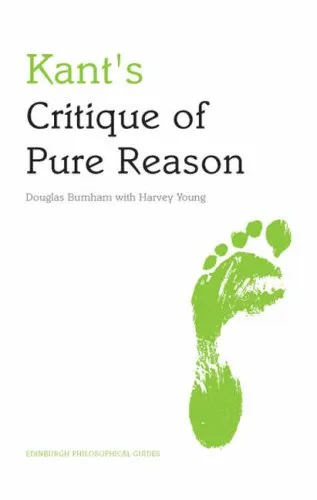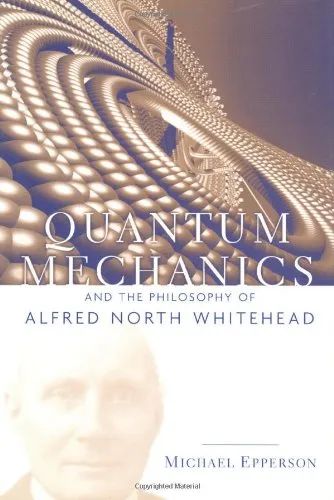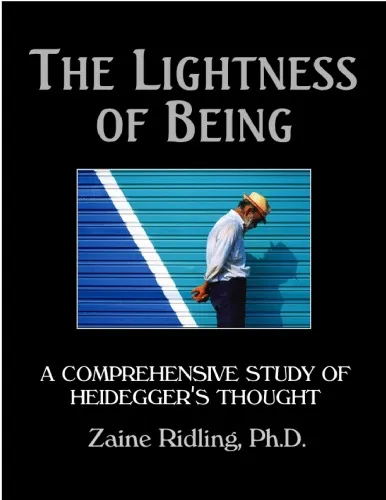Real Essentialism (Routledge Studies in Contemporary Philosophy)
4.5
Reviews from our users

You Can Ask your questions from this book's AI after Login
Each download or ask from book AI costs 2 points. To earn more free points, please visit the Points Guide Page and complete some valuable actions.کتاب های مرتبط:
An Introduction to Real Essentialism
Real Essentialism, authored by David S. Oderberg, is a profound exploration of one of the most important yet underrepresented topics in contemporary philosophy: essentialism. This book offers a rigorous defense and revival of Aristotelian metaphysics in the context of modern philosophical discourse. Rooted in classical metaphysical traditions, Real Essentialism seeks to clarify and argue for the existence of essences—those intrinsic properties that define the nature of beings and things. The book not only critiques the dominant anti-essentialist trends in analytic philosophy but presents a robust alternative framework for understanding the nature of existence, causality, and purpose. With its grounding in scholastic thought and integration of contemporary perspectives, this work embarks on a journey to restore essentialism as a viable and critical component of philosophy.
A Detailed Summary of the Book
At its core, Real Essentialism seeks to answer profound metaphysical questions: What does it mean to be a thing? What defines the nature of entities—whether they are substances, organisms, or abstract constructs? Oderberg’s thesis is that essences are real and objective, and they precede our understanding of the world. He bases his argument on the Aristotelian-Thomistic tradition, which treats essences as the ultimate explanatory principles for why things are the way they are.
The book begins by dismantling the modern, anti-essentialist philosophical zeitgeist, which often reduces objects and entities to mere bundles of properties or denies the objective existence of essences altogether. Through careful argumentation, Oderberg identifies the failure of this reductionist approach to provide a comprehensive account of reality. He then builds his case for real essentialism by reintroducing concepts such as substance, form, matter, potentiality, and actuality.
As the narrative unfolds, Oderberg applies essentialist theory to a wide range of philosophical topics including causation, identity, modality, and natural kinds. He argues that without acknowledging real essences, our understanding of these areas remains incomplete. For instance, the author contends that natural kinds, such as biological species, cannot be understood purely through functional or mechanistic models but require an essentialist approach to grasp their true nature. Further, his discussion on metaphysical realism emphasizes that objects possess natures independent of our cognitive acts of categorization or description.
Oderberg also focuses on integrating essentialism with modern science. He explains how real essentialism is not contradictory to scientific discoveries, but rather provides a metaphysical framework to interpret and understand scientific findings consistently. The book challenges the dominance of nominalism, materialism, and reductionism in the philosophy of science, offering instead a holistic essentialist perspective.
Key Takeaways
- Essences are intrinsic, objective realities that define the nature of things.
- Essentialism offers a robust metaphysical foundation for understanding causation, identity, and purpose.
- The Aristotelian-Thomistic tradition provides valuable insights for contemporary metaphysical debates.
- Philosophy and science can coexist under an essentialist framework, offering a deeper understanding of natural kinds and biological entities.
- Modern analytic philosophy often ignores or misrepresents essentialism, leading to incomplete theories of reality.
Famous Quotes from the Book
"Essences are not mere figments of the mind, but the very bedrock of reality."
"Without real essences, we are left with a fractured world, with no coherent explanation for unity, identity, and distinction."
"To deny the reality of essences is to deny the intelligibility of existence itself."
Why This Book Matters
In a philosophical era dominated by materialism, naturalism, and nominalism, Real Essentialism emerges as a bold and necessary defense of metaphysical realism. The book not only rehabilitates essentialist thought but situates it as a fundamental philosophical approach to understanding the world. Whether you are a philosopher, scientist, theologian, or just a curious reader, this work has profound implications for how we perceive truth, nature, and causality. By bridging classical metaphysics with contemporary debates, Oderberg offers a unique and indispensable contribution to philosophical discourse.
In essence, Real Essentialism is a call to return to fundamentals—not as a nostalgic regression, but as a forward-looking effort to lay robust metaphysical foundations for future inquiry. It reminds us that reality’s intelligibility demands recognizing essences: the intrinsic principles that ground everything we encounter in our experience of the world.
Free Direct Download
You Can Download this book after Login
Accessing books through legal platforms and public libraries not only supports the rights of authors and publishers but also contributes to the sustainability of reading culture. Before downloading, please take a moment to consider these options.
Find this book on other platforms:
WorldCat helps you find books in libraries worldwide.
See ratings, reviews, and discussions on Goodreads.
Find and buy rare or used books on AbeBooks.
1478
بازدید4.5
امتیاز0
نظر98%
رضایتReviews:
4.5
Based on 0 users review
Questions & Answers
Ask questions about this book or help others by answering
No questions yet. Be the first to ask!
